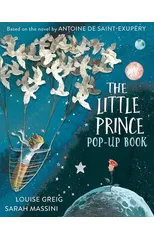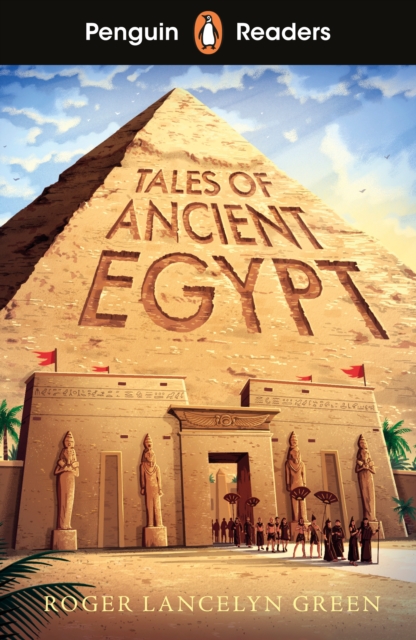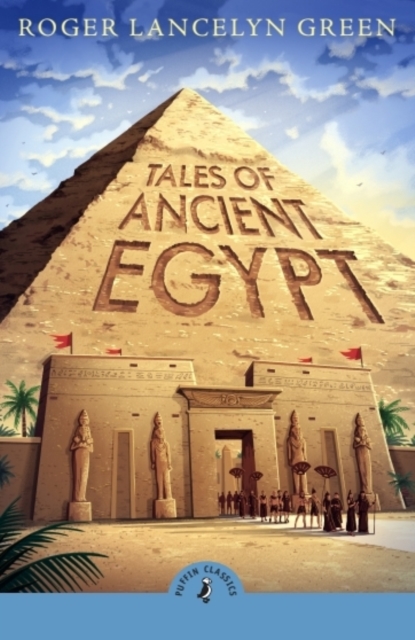The Little Prince
(Author) Antoine de Saint-Exupery Saint-Exupery Antoine DeFirst published in 1943, The Little Prince by Antoine de Saint-Exup�ry has been translated into more than 250 languages, becoming a global phenomenon. The Sahara desert is the scenery of Little Prince's story. The narrator's plane has crashed there and he has scarcely some food and water to survive. Trying to comprehend what caused the crash, the Little Prince appears. The serious blonde little boy asks to draw him a sheep. The narrator consents to the strange fellow's request. They soon become friends and the Little Prince informs the pilot that he is from a small planet, the asteroid 325, talks to him about the baobabs, his planet volcanoes and the mysterious rose that grew on his planet. He also talks to him about their friendship and the lie that evoked his journey to other planets. Often puzzled by the grown-ups' behavior, the little traveler becomes a total and eternal symbol of innocence and love, of responsibility and devotion. Through him we get to see how insightful children are and how grown-ups aren't. Children use their heart to feel what's really important, not the eyes. Heart-breaking, funny and thought-provoking, it is an enchanting and endlessly wise fable about the human condition and the power of imagination. A book about both childhood and adulthood, it can be read as a parable, a war story, a classic children's fairy-tale, and many more things besides: The Little Prince is a book for everyone; after all, all grown-ups were children once.
Antoine de Saint-Exupery
Antoine de Saint-Exupery was a French writer and aviator born in 1900. He is best known for his novella "The Little Prince," which has become a classic of children's literature. Saint-Exupery's writing style is characterized by a poetic and philosophical approach, often exploring themes of human nature, love, and the search for meaning in life.
As a pioneer of aviation, Saint-Exupery drew inspiration from his experiences as a pilot, incorporating them into his works such as "Night Flight" and "Wind, Sand and Stars." His storytelling is marked by a sense of adventure and a deep admiration for the beauty of the natural world.
Saint-Exupery's contributions to literature have had a lasting impact on the genre of fables and allegorical storytelling. His works continue to be celebrated for their timeless wisdom and universal themes, making him one of the most influential writers of the 20th century.












